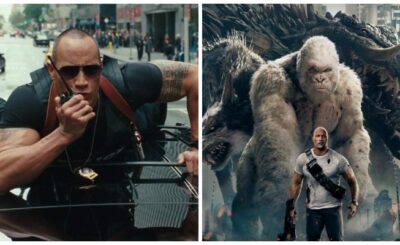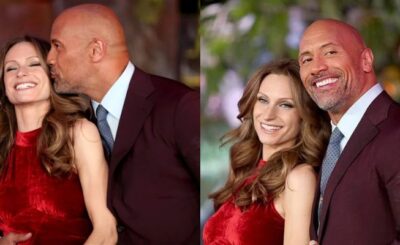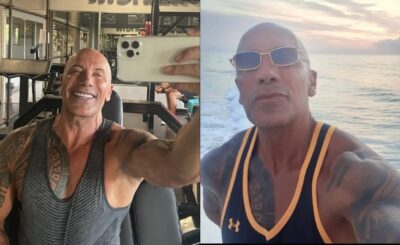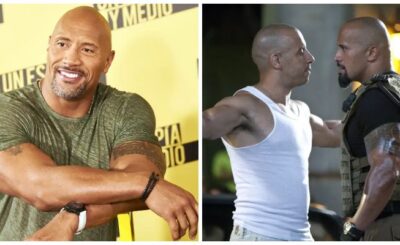The Miami Heat have been one of the more storied franchises in the NBA. A least that became the case once the team hired Hall of Fame head coach Pat Riley to become the team’s president in 1995. Since then, the Heat have won three NBA finals (tied for the fourth-most in the league) while making a total of six trips to the championship.
A storied franchise that has become known as a free-agent destination, Miami has seen many franchise alternative players come via free agency. From diamond in the rough Hassan Whiteside to Lamar Odom to the sign-and-trade for Jimmy Butler. Then, of course, there is the signing of two of the biggest free agents in NBA history, Chris Bosh and LeBron James.
That’s quite an impressive list of talent, but it hasn’t been all sunshine for the team over its history. While many have taken their talents to South Beach, there are some who, instead, left their talents behind.
The Miami Heat, like all teams, have their share of free agency blunders.
They’re more well-known for their free-agent successes, but the Miami Heat have had some blunders over the years, especially as of late. Some were projected to raise the team’s ceiling and ultimately fell flat; others were replacements the team was just hoping could produce to some level of comparison to lost stars. In each case, though, the players performed below both expectations and their pay grade.
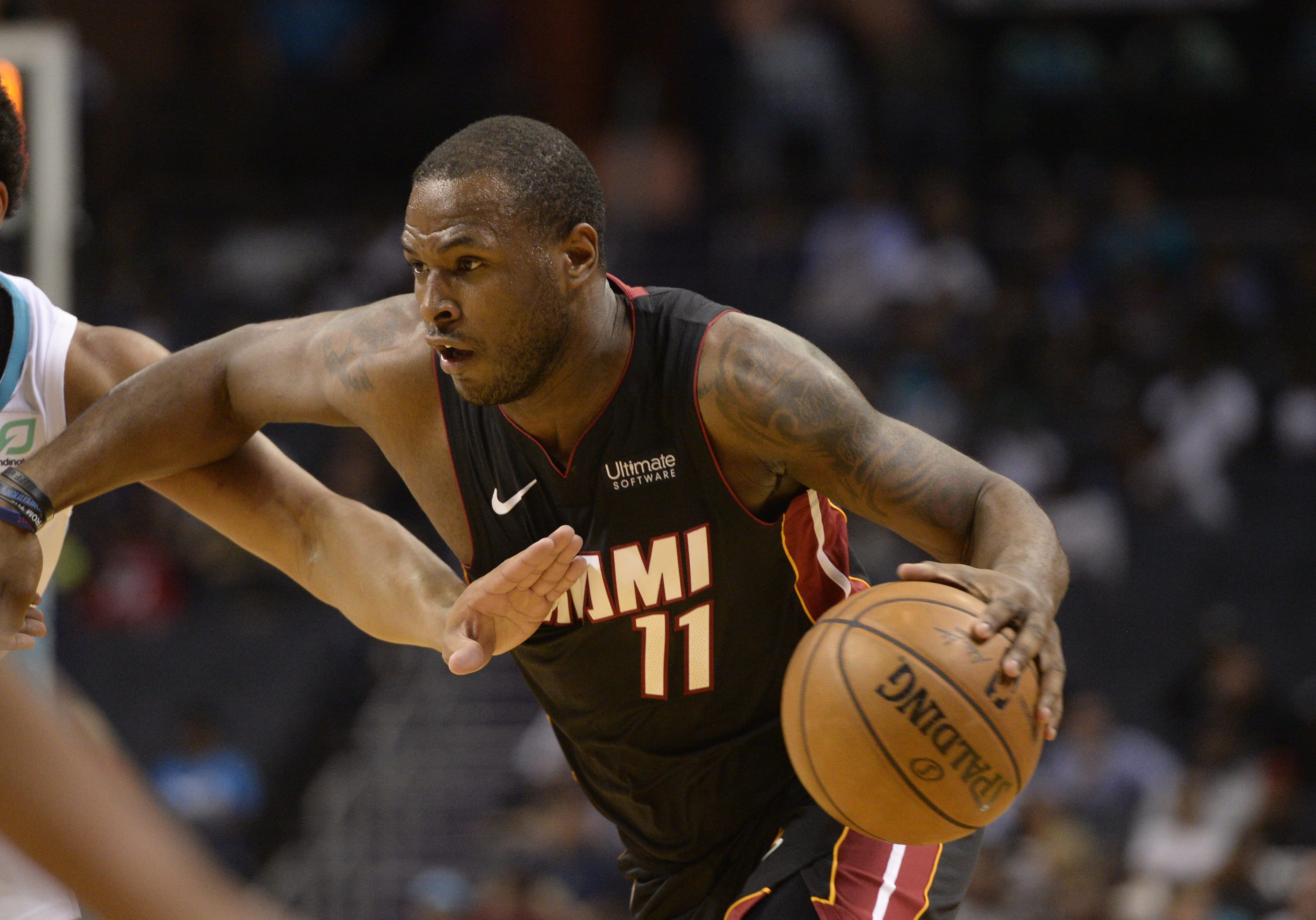
5. Dion Waiters | 4-years, $52 million
The fourth pick in the 2012 NBA Draft by the Cleveland, Dion Waiters, at various times throughout his career, seemed to have elite scoring potential. That potential was never fully reached, however.
After LeBron James made his famed return to the Cavaliers, it took less than one season for it to become clear that the team was better off trading whatever potential Waiters still had for “win-now” options.
After a 125-game stint with the Oklahoma City Thunder, Waiters hit free agency initially as a restricted free agent until the Thunder rescinded his qualifying offer, allowing Waiters to become an unrestricted free agent.
Finding his next home with the Miami Heat, Dion Waiters signed a two-year deal worth $5.9 million and included a player option for the second year. Waiter’s spot on this list is not about his initial contract with Miami but the deal he received when he resigned the following year. His first year with the Heat was quite promising, as he averaged 15.8 points while shooting 39.5% from beyond the arc, making his initial deal look like a bargain. That was soon to change, however.
Ahead of the 2017-18 season, Waiters declined his player option and resigned with the Heat on a four-year, $52 million deal. The Heat were now a full year removed from the Dwayne Wade era, and Waiters simply outperformed Josh Richardson and Tyler Johnson. It seemed that the team had little chance but to bet on his continued development, but, unfortunately for the Heat, that was just not meant to be.
Waiters would go on to average 12.8 points per game, along with a disappointing 40.6/35.5/64.0 slashing line over 77 games spanning two and a half seasons. While much of the misfortune surrounding Waiters’ time with the Heat could be attributed to a myriad of injuries, signing an inefficient volume scorer who had little else to his game was a questionable move from its inception.
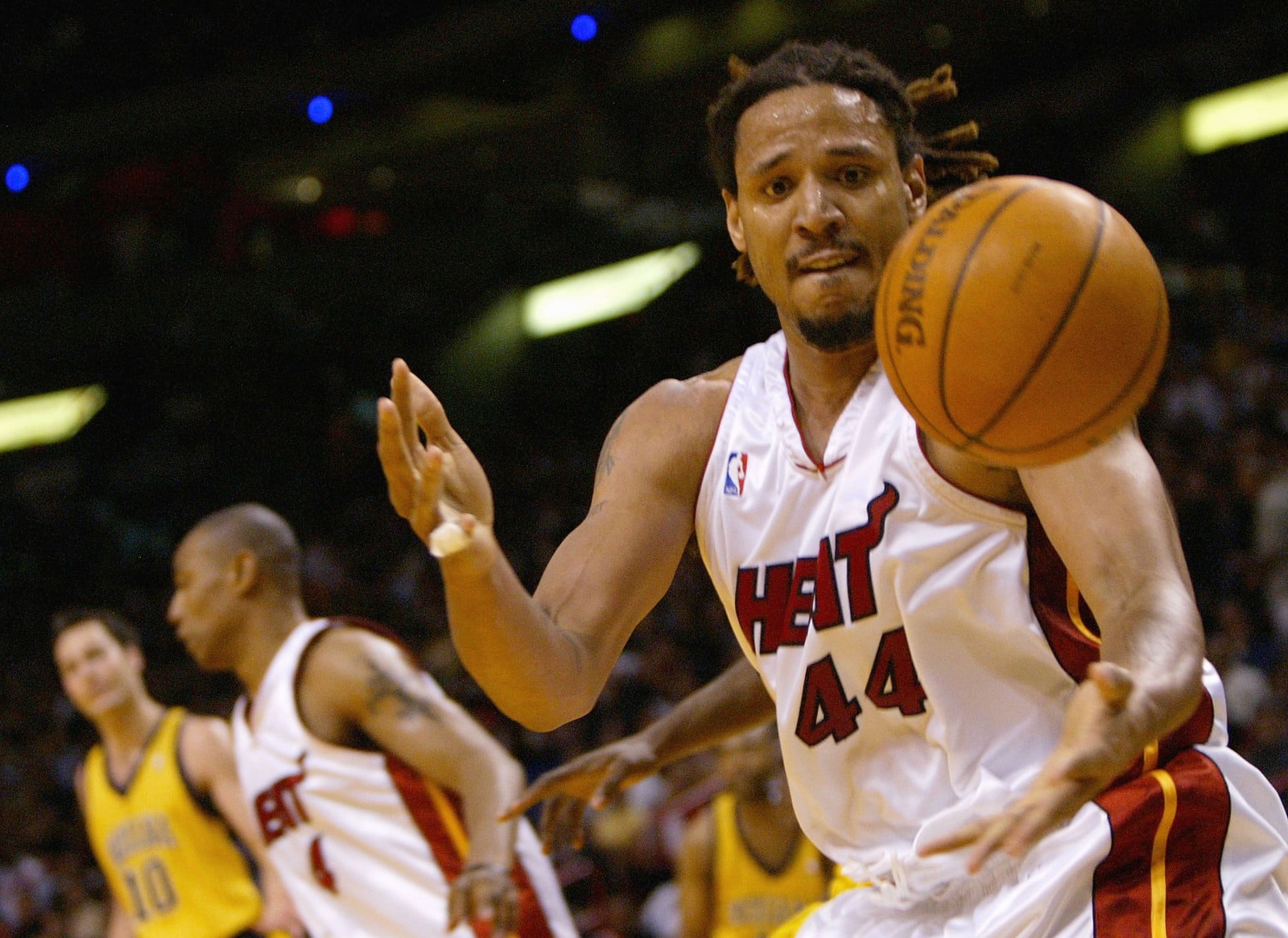
4. Brian Grant | 7-years, $86 million
As the Miami Heat looked to build a true contender, the team signed Brian Grant in hopes that he would make a difference in the team’s championship aspirations, despite the public questioning the deal. Grant was a talented and valuable player, but was he really worth the deal that Pat Riley so enthusiastically handed to him?
For reference, Grant was paid more in the first year of his new deal (2000) than Jason Kidd, Michael Finley, Glenn Robinson, Glen Rice, and Jerry Stackhouse, to name a few. Even more concerning than the annual value was the length of the contract (seven years).
The honest truth is that Grant was not a bad NBA player. In fact, during his first season with the Heat was quite promising as he averaged a career-high 15.2 points per game along with 8.8 rebounds as he filled in for Alonzo Mourning, who was dealing with a rare disease that affected his kidney.
Grant never lived up to his lofty contract, but in all honesty, he probably should have been offered it in the first place. At no point in his career up to that point had he shown the potential to be among the top 50 players in the league, but that was how he was paid.
It’s reminiscent of the current Philadelphia 76ers contract controversy surrounding forward Tobias Harris. Both Grant and Harris were/are fine players, starting-level contributors on a playoff team even; they just simply don’t compare to the other players in their pay scale.
Ultimately, though, it is not Grant’s fault for selecting such a lucrative deal, but his contract will forever be remembered among Pat Riley’s misses. He was, however, a part of the package that brought Shaquille O’Neal to Miami, so in a sense, he did make a difference in the Heat winning their first NBA title.
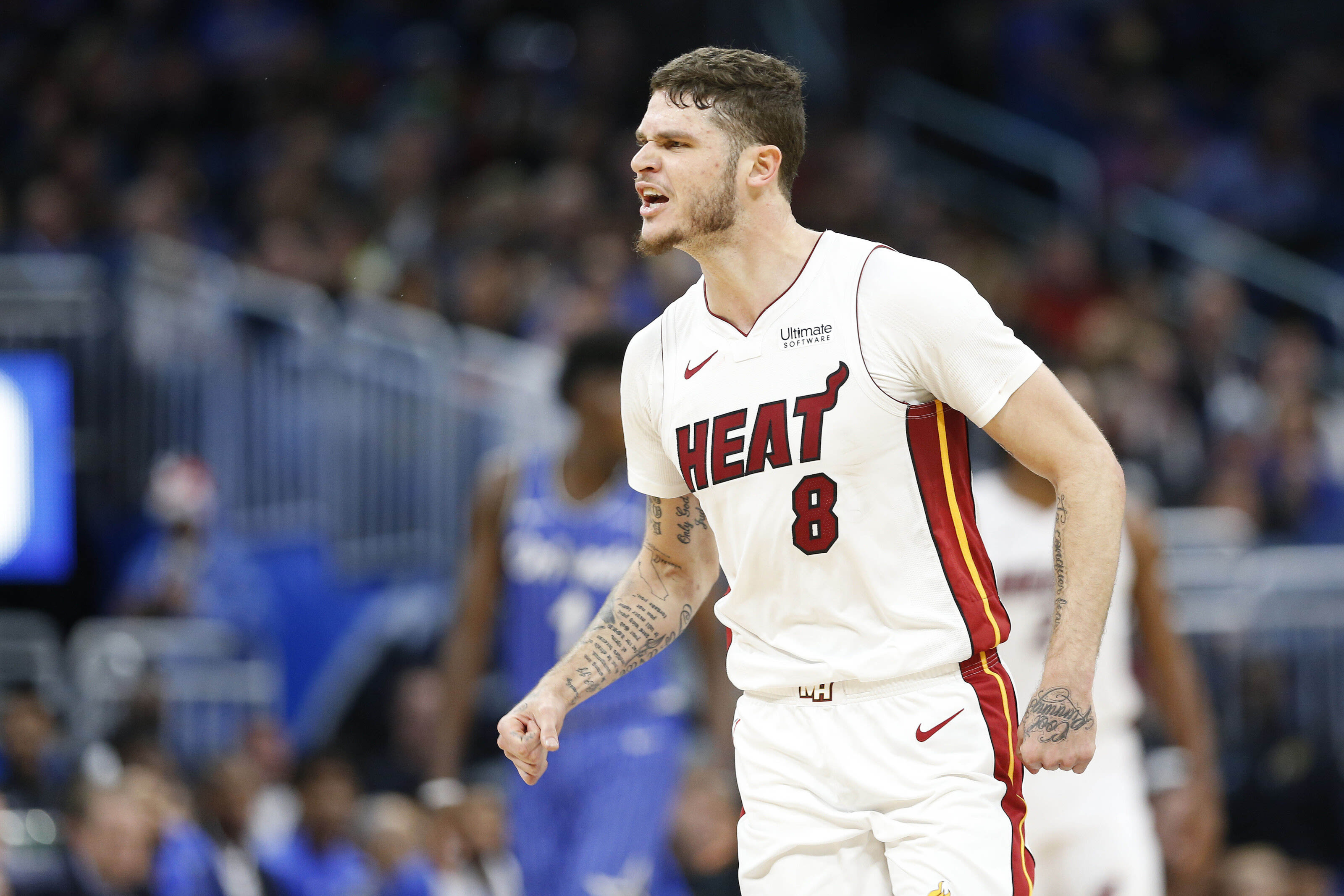
3. Tyler Johnson | 4-year, $50 million
Before Tyler Herro, there was another Tyler in South Beach., one who had some similarities in his game but never produced to the level Herro has. That’s right before Miami had a Herro; they had Bumpy.
That is the unflattering yet endearing nickname of Tyler Johnson, one of the many players in Miami’s history who vastly exceeded their initial career expectations.
Johnson went undrafted in the 2014 NBA draft and would begin his NBA career after joining the Heat’s Summer League team. He would not initially make the team, but after spending much of the season with the Sioux Falls Skyforce, Johnson would debut with the Heat on a 10-day contract.
After securing a second 10-day contract, Johnson had proven himself enough to earn a two-year deal with the Heat. He would average 7.4 points while slashing 45.9/37.8/74.8 in just over 21 minutes of action a night over those years before hitting restricted free agency in the summer of 2016.
Johnson had garnered enough attention that the Heat were far from the only team interested, and he would eventually sign an offer sheet with the Brooklyn Nets for $50 million over four years. The Heat would then match the offer in order to retain their young shooter.
In hindsight, there were a few warning signs with this deal. The sheer size of the deal, the unproven track record, and then, of course, there was the shoulder surgery that Johnson underwent toward the end of the 2015-16 season.
At best, one could say that Johnson’s first two seasons were fine, to put it mildly. He produced, averaging 12.7 points while shooting 36.9 from deep over 145 total games. There just wasn’t much more to his game than some slightly above-average shooting, and it became clear Tyler Johnson simply wasn’t a $50 million man.
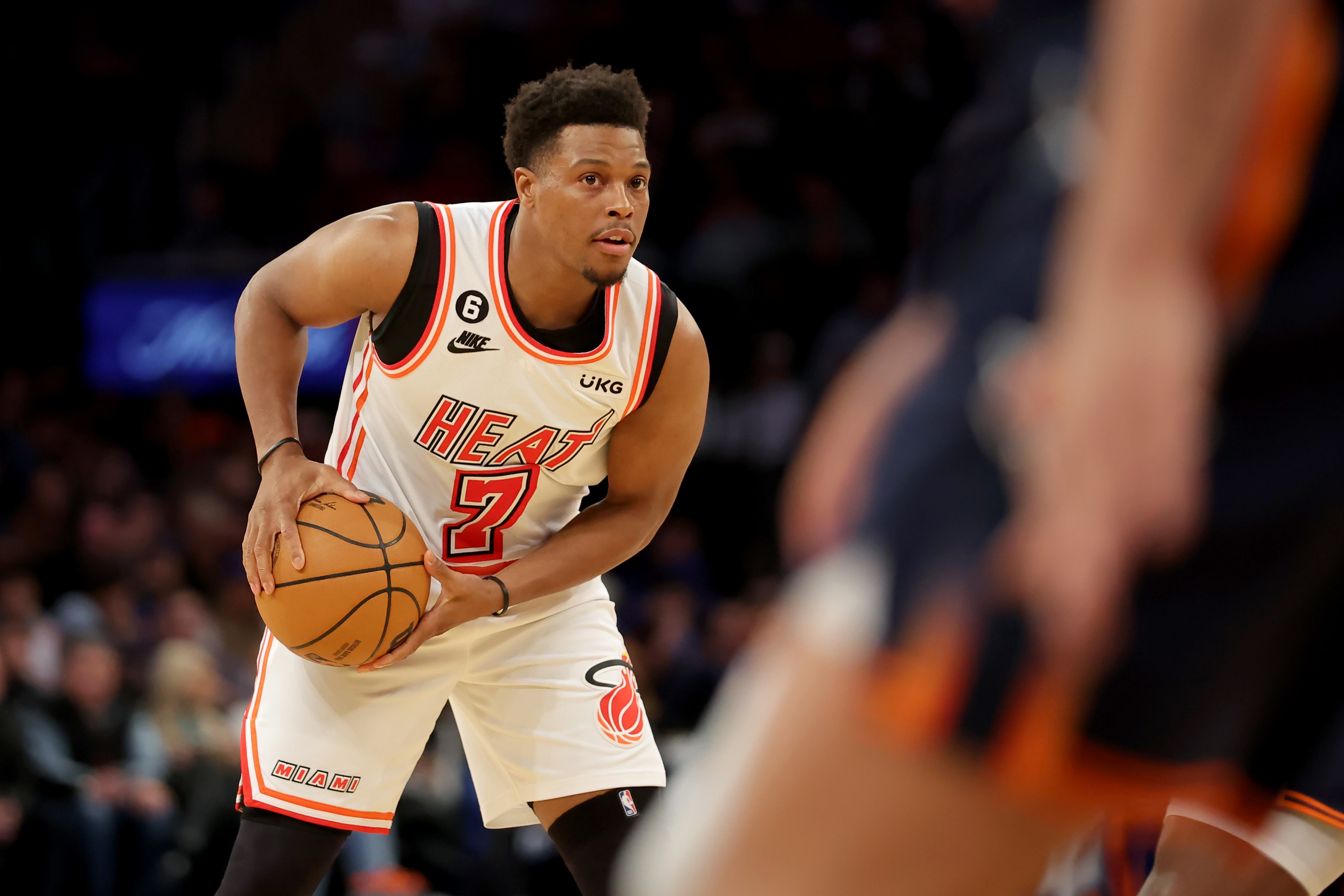
2. Kyle Lowry | 3-years, $90 million
A journey-man turned six-time All-Star, Kyle Lowry was brought in with the hope that he could be the final piece Miami would need to secure another championship. In a sign-and-trade, the Miami Heat dealt Goran Dragić and Precious Achiuwa for the former Raptor and his new 3-year, $85 million contract.
Unfortunately, that plan has been nothing short of a failure so far, as Lowry has averaged just 12.7 points, 6.5 assists, and 4.4 rebounds with the Heat. Part of the issue is his availability, as Lowry has played in just over 71% of games since coming to Miami, but it’s deeper than that.
Kyle Lowry simply isn’t the player he was with the Toronto Raptors, nor is he the player the Heat thought they were getting when they gave him that sizeable deal. The situation with Lowry only appears to be worsening as his season has been a constant decline.
In November, Lowry averaged 15.6 points with 6.5 assists and 5.3 rebounds over 15 games. In December, those numbers dipped to 11.9, 5.2, and 4.2 in 10 games. The new year did not bring change for the better either, as Lowry averaged just 7.7 points along with 3.9 assists and 3.7 rebounds.
Now, since Feb. 2, Lowry has played in just three games due to left knee soreness. The good news is that in those three games, Lowry’s shooting percentages have at least rebounded (55.6/53.8/66.7) though it’s on low volume.
It’s still possible for Lowry to flip the script on his time in Miami, but there’s no sugar-coating it; he’s facing an extremely uphill battle.
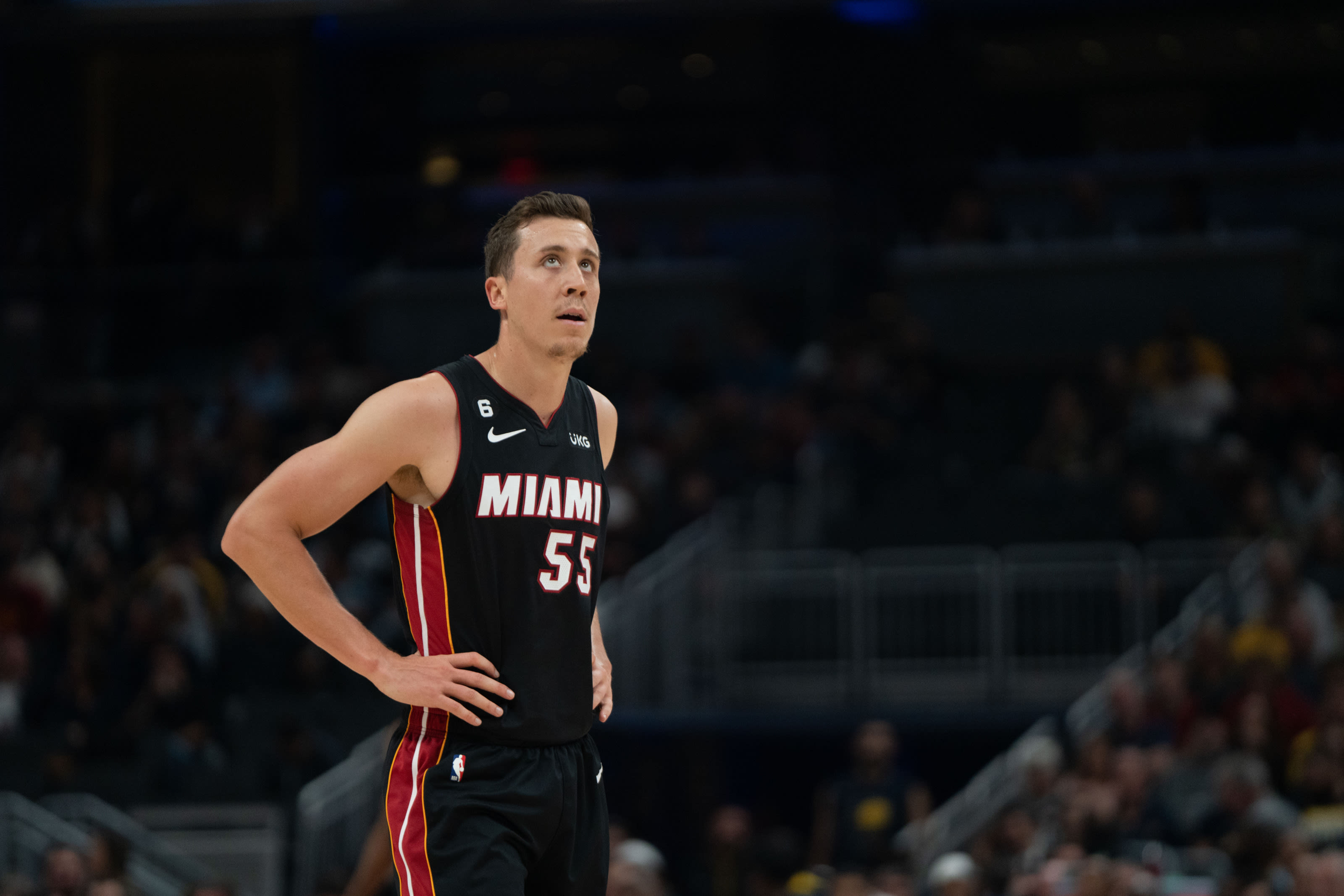
1. Duncan Robinson | 5-years, $90 million
Duncan Robinson was once known as one of the diamonds that Heat President Pat Riley is known for finding in the rough. After going undrafted in the 2018 NBA draft, Robinson joined the Heat on a Summer League invite and would make his debut with the team that same season due to a variety of injuries that plagued Miami.
Robinson soon proved that his ability to shoot was rare, even receiving an invitation to the three-point contest, and earned a starting job in just his second season. Following two strong seasons in Miami, one of which led to a Finals appearance in the bubble, the Heat signed Robinson to a five-year contract with $90 million.
During his first season under his new deal, Robinson saw some regression but was not far off from his previous form, at least not until the playoffs. Once the postseason hit, Robinson went from a secret weapon in the playoffs to unplayable, averaging just 5.6 points while playing an “olé” style defense over a 13-game playoff run.
The Duncan Robinson era seems to have fizzled out as quickly as it began, as the Heat are still on the books for nearly $60 million, with roughly $50 million guaranteed.


